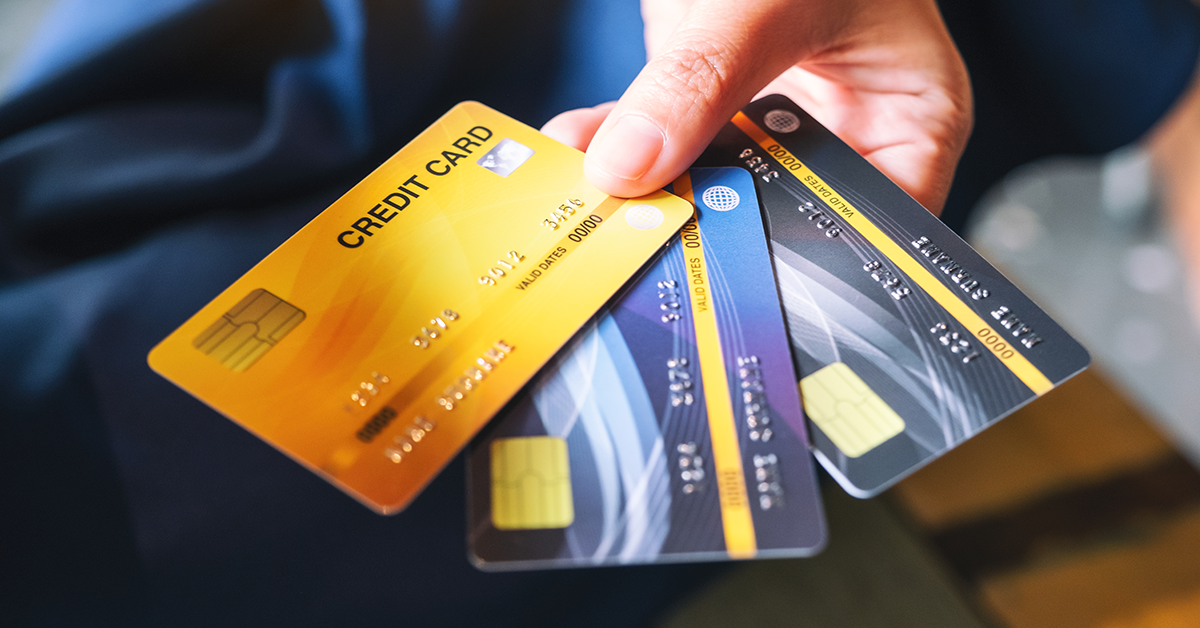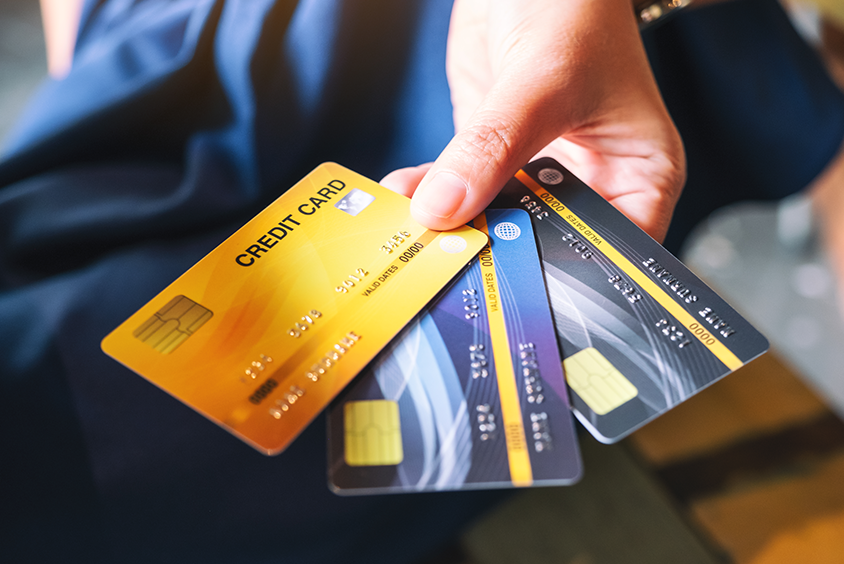In today’s time people have so many bills to take care of. Utility bills like water, electricity, mobile phone, existing loans, credit card dues, etc. that it can get hard to keep all of them mind. Naturally, with so many payments to make, it is possible to forget and miss one or two payments.
Missing a card payment is possible, almost everyone of us misses a payment or two in our lives, but if we don’t pay our dues on time, you could land in trouble for it. Missed card payments can lead to extra interest rates, negative credit score, late charges, etc.
In this article, we’ll talk about what happens when you miss multiple card payments, its consequences, and how to avoid missing payments.

What Happens on Missing Card Payments
Missing credit card payments is certainly detrimental to your financial wellbeing. The consequences are based on how long you don’t pay your dues and your past repayment history. Missing multiple payments is worse than missing a single payment one time.
First of all, you will be charged late fees on missing a card payment and as you keep missing payments, the fee will go up. You also lose your grace period if you don’t pay your dues by the due date after which high interest starts accruing on your dues. Not paying your credit card dues continuously also damages your credit score.
Missing Payment for 30 Days
Missing your card payments for more than 30 days will charge overdue interest and late fees on minimum repayment amount. The interest rate charged will be increased to the maximum rate on top of the late fees. Also, your card issuer can report you to the credit bureau for missing card payments when you cross 30 days without making the payment.
Missing Payments for 60 Days
On missing your credit card payment for more than 60 days, you will be charged further late fees and a higher penalty APR than the normal rate. After 60 days of not paying your credit card bill, the issuer will surely report you to the credit bureau and your credit score will take a negative hit.
What Happens When You Still Don’t Pay Your Credit Card Bills
If you don’t pay your credit card dues even after 60 days, you will start receiving lots of emails and calls regarding repayment. The card issuer will try their best to recollect your dues themselves and it is possible that they sell your debt to a professional collecting agency.
By this time, your bill will be quite higher as compared to your original repayment with the added interest rate and late fees. After around six months of not paying the credit card bill, the issuer can opt for litigation or other extreme measures.
Does Missed Card Payments Affect Your Credit Score?
Your credit score will be affected if you don’t pay your minimum due balance by the due date. Usually, card issuers report missed payments to the major credit bureaus after 30 days – TransUnion, Equifax, and Experian. When you miss a payment, you still have 29 days to make the payment so that it does not get reported to the bureau.
However, when you do not make the payment for 30 days or more, then your payment default will get reported and your credit score will go down. Even missing just one credit card payment can bring down your score by a lot.
How to Avoid Missing Card Payments?
If you believe you are prone to missing payments. The following strategies can help you make your credit card payments on time –
Make payment reminders
With so many bills and monthly payments to make, it is possible to forget about your credit card bill payment. You can set up payment reminders or alerts that notify you a week or so before the card payment due date arrives. This way you will know about the upcoming payment and can arrange for funds in a timely manner to make the repayment on time.
Set up automatic repayments
All major card issuers allow you to option to set up automatic repayments so that you don’t have to worry about manually making the payment. You can set up payment through your bank account or debit card but make sure to keep the available funds during the time of repayment. Your payment will get bounced if you don’t have the funds and you will be charged extra.
Build emergency funds
To avoid credit card debt trap, it is recommended to build an emergency fund for bad financial times. Sometimes, unforeseen circumstances can lead to extra expenses and you may not afford a particular credit card payment. An emergency fund ensures that you have some funds available every time to pay card bills even if you are in a bad situation or emergency.
Bottom Line
If you don’t your credit score to go down considerably and face difficulty in getting approved for future loans or credit cards, then it is of utmost importance to pay your pending dues on time and not miss credit card payments.
As discussed above, when you miss a credit card payment, your interest-free grace period ends, you are charged late fees, the interest rates are bumped up, and the issuer will surely report your payment default to the credit bureau. This hinders your ability to get future credit cards or loans and your outstanding dues will be far higher as compared to the original due amount.
To avoid any negative consequences and maintain a good credit score, it is recommended to pay your card bills by the due date. Also, instead of the minimum amount due, try to pay the entire due amount and save on high interest charges and unnecessary late fees.
You can try some of the above strategies to make sure you do not miss a single or even multiple credit card payments and show a decent repayment or credit behaviour.









